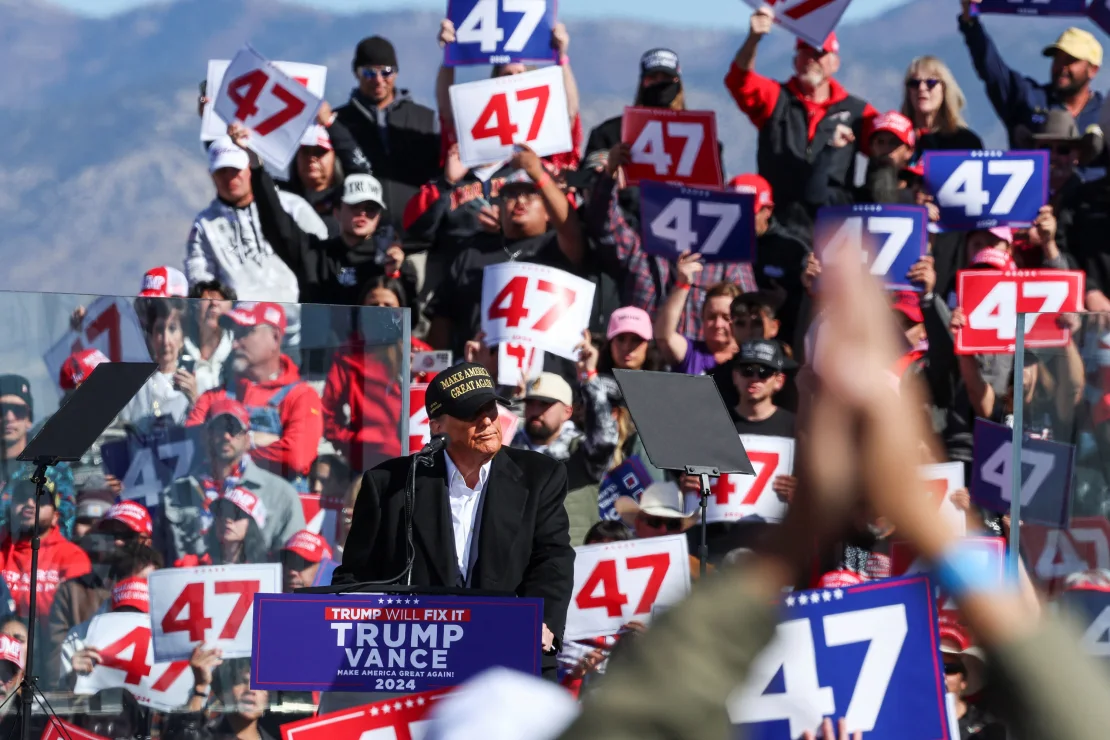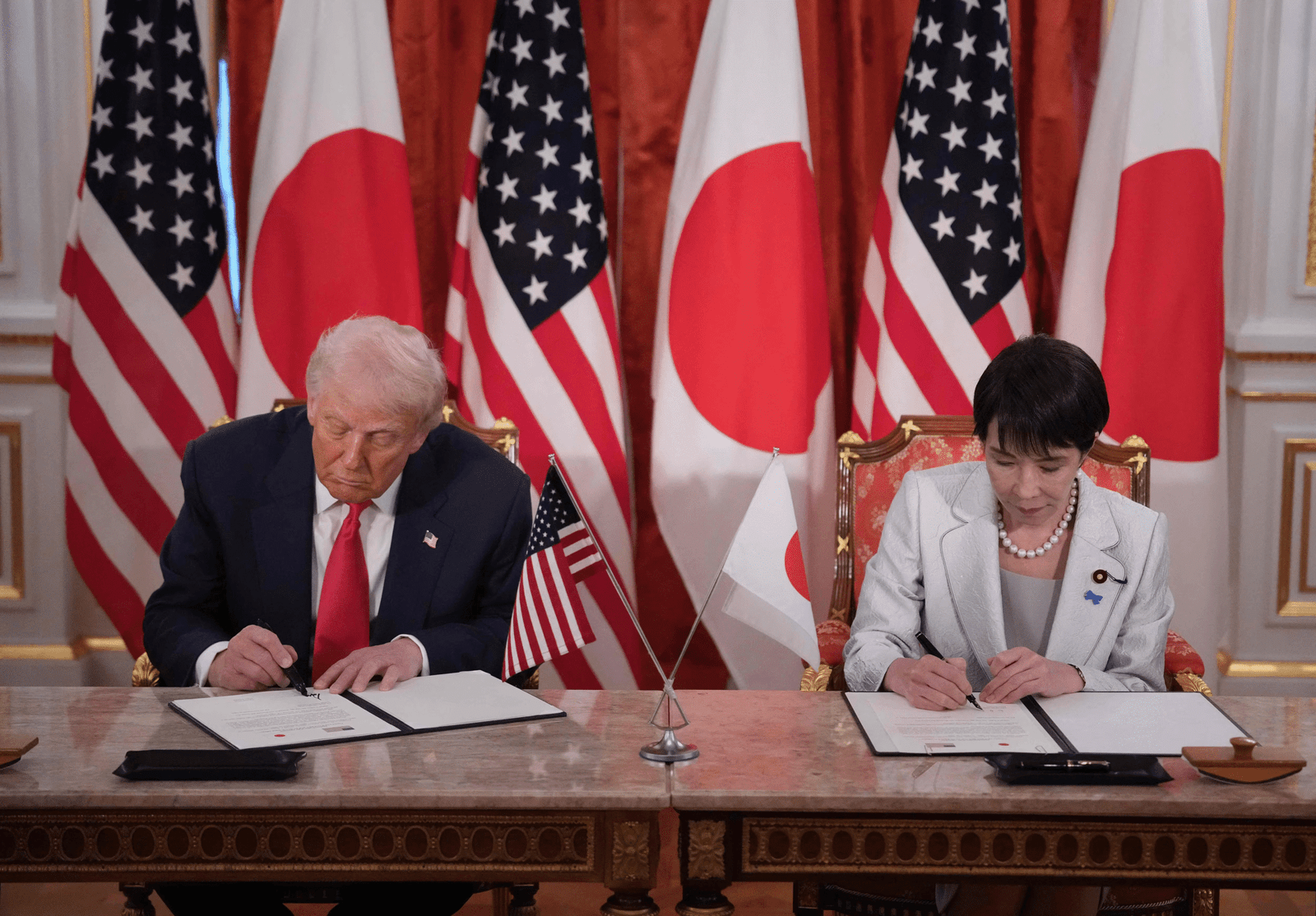Former President Donald Trump has once again voiced doubts about the integrity of upcoming U.S. elections, a strategy that has raised concerns over the erosion of public trust in the electoral process. This comes as Trump continues to influence a base skeptical of election security, echoing sentiments from the 2020 election when he refused to concede defeat. These ongoing claims risk undermining public confidence in a critical democratic institution, as citizens are left uncertain about the legitimacy of the electoral process.
Election officials are troubled by the potential impact this rhetoric might have on voter turnout and the willingness of citizens to trust election results. Trump’s statements, suggesting widespread electoral misconduct, could lead to increased polarization and even fuel confrontations at polling stations. By continuously questioning electoral fairness, Trump has sparked intense discussions around misinformation and its role in modern politics, especially as social media amplifies these concerns.
The situation presents a challenge to election officials who must uphold integrity and restore faith in the process. Political analysts argue that combating misinformation and reinforcing transparency in election protocols are essential to maintaining trust in democracy. As the next election approaches, restoring voter confidence will be key to upholding the principles of the democratic process in a climate of heightened skepticism.











